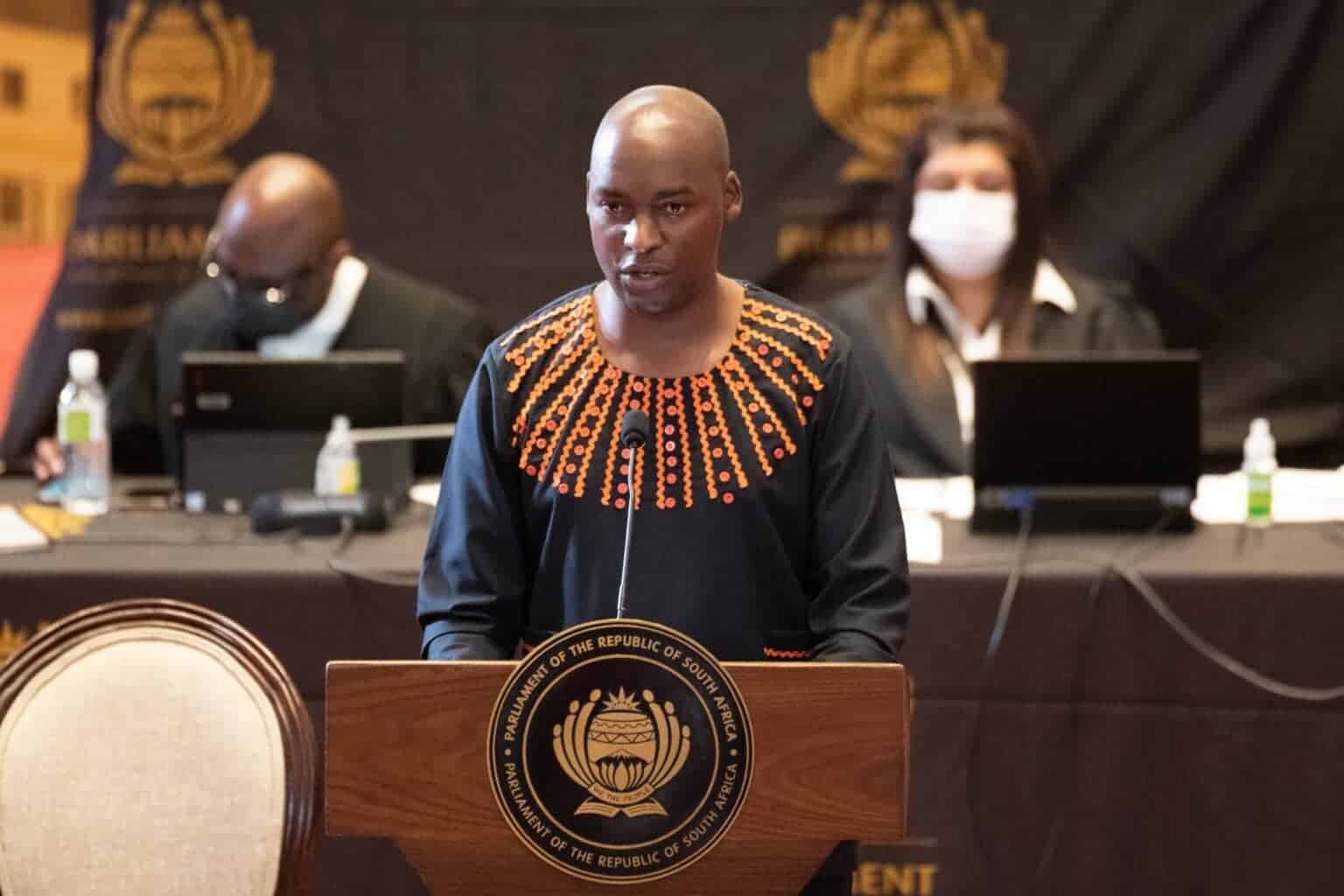Home Affairs Minister Leon Schreiber has warned against using executive office to settle political scores.
The African Transformation Movement (ATM) has criticised Home Affairs Minister Leon Schreiber for failing to act against Phil Craig, leader of the Cape Independence Advocacy Group (CIAG).
The party had sent written questions to the minister demanding answers on why Craig’s South African citizenship had not been revoked.
The CIAG, also known as CapeXit, is a political movement that seeks the independence of the Western Cape province.
ALSO READ: CapeXit: DA reiterates it ‘does not believe’ in Western Cape independence
Craig was naturalised in South Africa after being in the country for numerous years, but he also holds British citizenship.
In an interview with The Citizen on Tuesday, ATM president Vuyo Zungula said Craig was a controversial figure who had abused the privilege of his South African citizenship.
‘A naturalised citizen can lose their citizenship’
“According to Section 8(2)(b) of the South African Citizenship Act of 1995, a naturalised citizen can forfeit their citizenship if they engage in acts perceived to undermine the State’s interests. Craig’s consistent advocacy for a separate Cape state is a direct challenge to our national sovereignty, warranting a reassessment of his citizenship status,” he said.
Zungula said acting against Craig would uphold public trust in the Department of Home Affairs and uphold the rule of law.
“In doing so, the minister would not only comply with the Citizenship Act but also send a strong message that divisive ideologies will not be tolerated in South Africa’s pursuit of unity and reconciliation.”
He said failing to act would represent a “grave disregard” for the country’s national security and societal cohesion.
Home Affairs responds to the ATM
In a written reply to the ATM’s concerns, Schreiber said it would not be fair to revoke Craig’s citizenship because of his political convictions.
“The Republic of South Africa does not persecute people on the basis of their political views. Section 15(1) of the Constitution holds that “Everyone has the right to freedom of conscience, religion, thought, belief and opinion,” he said.
Schreiber continued to say political scores should be settled through the ballot box and not through the abuse of executive power.
ALSO READ: ATM rejects a plan to split South Africa into two countries
“Fortunately for the honourable member, in South Africa, political disputes are settled at the ballot box, instead of through the weaponisation of executive power against those with whom one may disagree,” he said.
Why CapeXit?
In an opinion piece published on Politicsweb in September 2024, Craig said he was aware of the ATM’s complaints about him to the Department of Home Affairs.
He said he had been in the country for a long period and had even married and had children in South Africa.
However, he said he had noticed the deterioration in the country since he became a resident, leading him to lead the CapeXit movement.
“Since immigrating twenty years ago, South Africa has considerably regressed. The symptoms are a massive increase in unemployment, rising crime rates, endemic corruption, ever-expanding racial discrimination against ethnic minorities, declining services, increasing national debt, bouts of civil unrest, and a growing threat to property rights,” he said.
